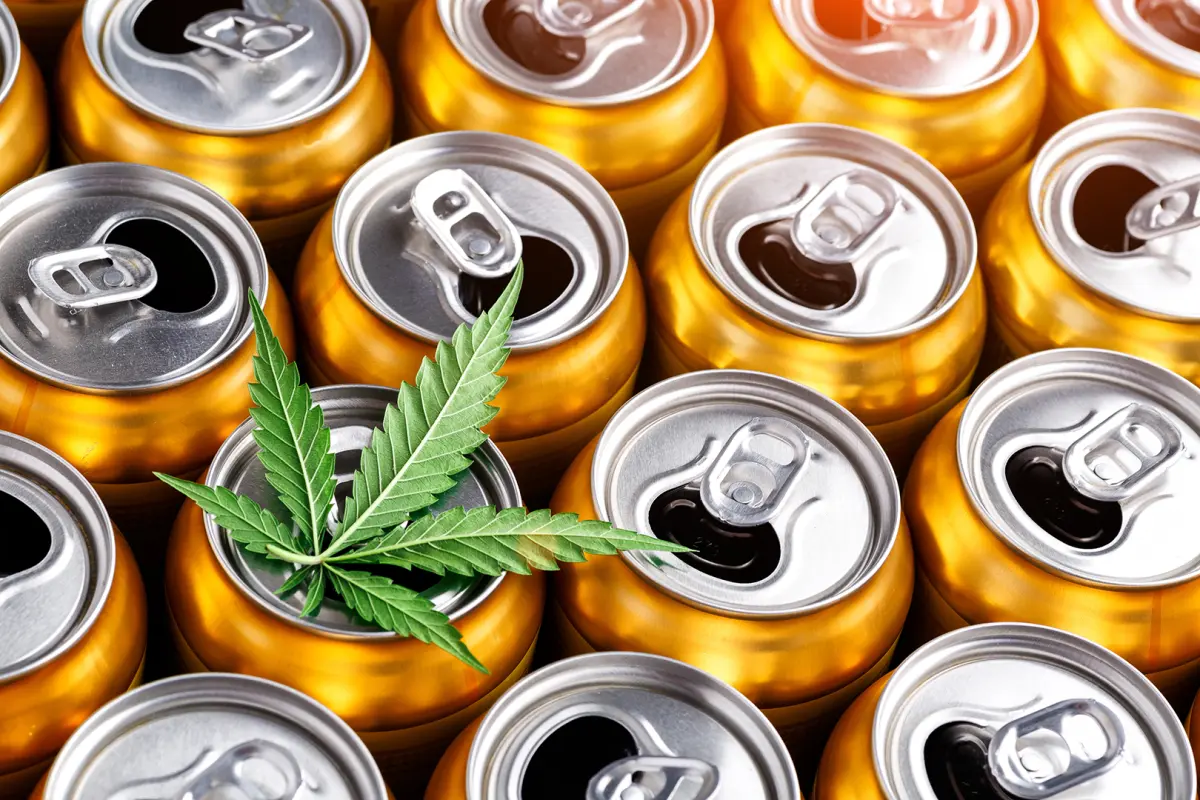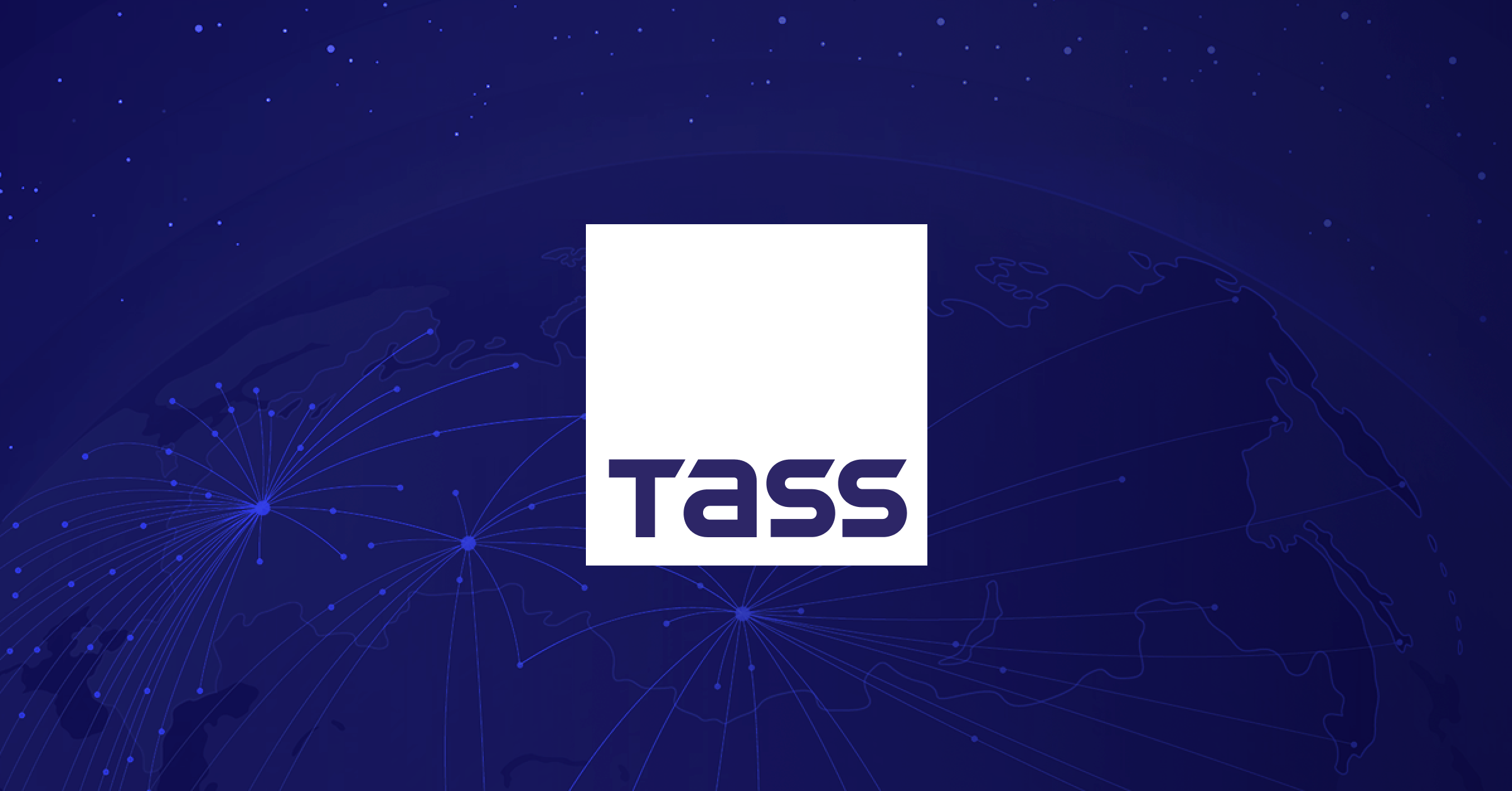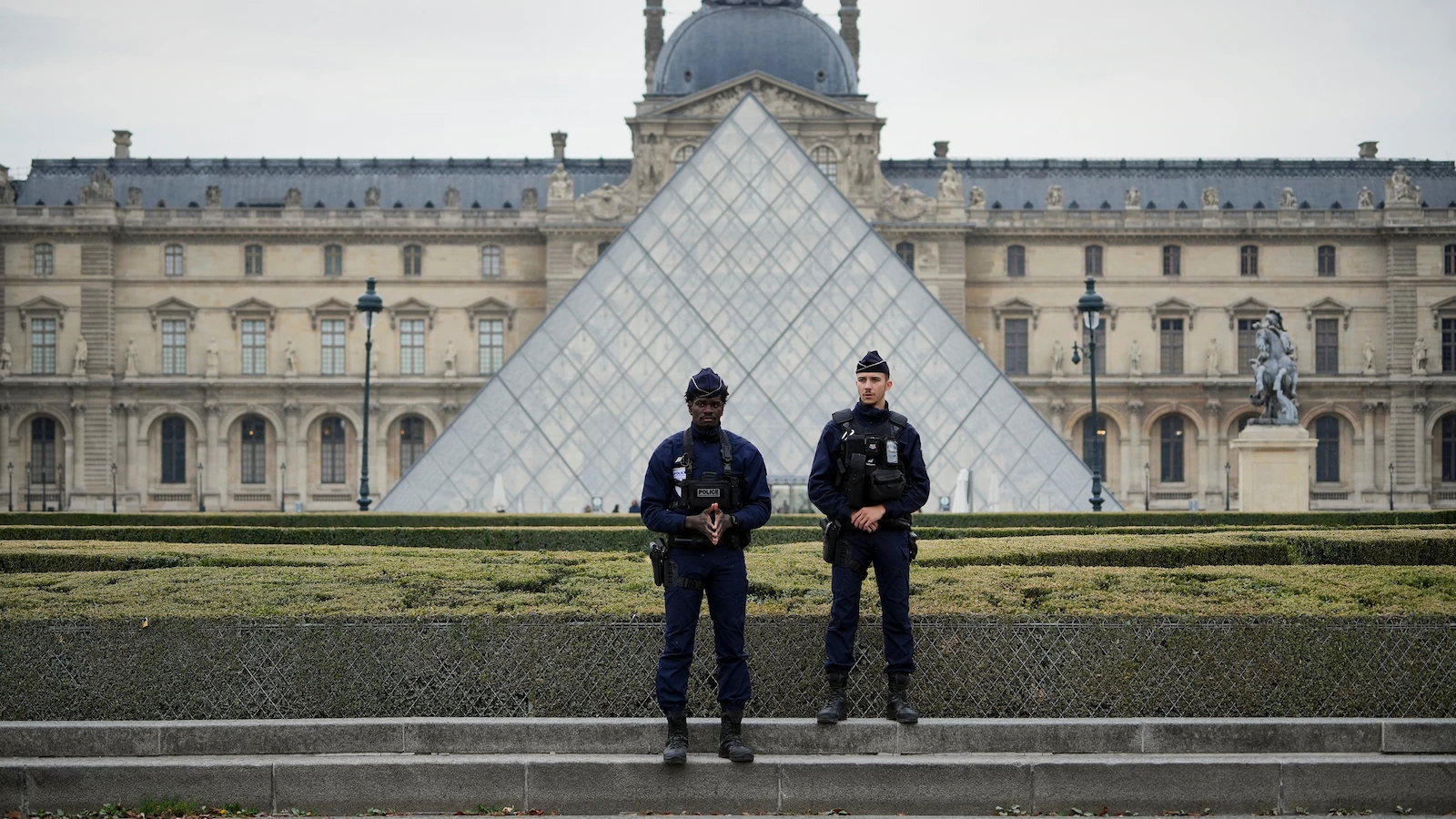Copyright New York Post

Attention, parents: There’s a hot new onesie you’ll no doubt want to order your baby immediately. The Harm Reduction Coalition’s “extra-soft” item, which comes in sizes from 0 to 24 months, says, “I love people who use drugs.” Maybe you find the idea of advertising drug use on infant attire to be a little off, but this kind of cultural acceptance should no longer surprise us. While much of the country’s drug discussion is focused on legalization or decriminalization, the truth is the culture is where the war on drugs will be won or lost. Speaking of wars: The Veterans of Foreign Wars recently announced a partnership with a Florida-based beverage company to sell cannabis-infused cocktails. Now when our returning soldiers go to their local halls to socialize and find a supportive community, they’ll also find Torch drinks — seltzer spiked with “high-potency THC.” The proceeds will help veterans in financial need. Leaving aside the idea that our vets have to depend on such campaigns to live, that we’re publicly encouraging them to use marijuana seems crazy. When more and more research shows cannabis’ detrimental effects on developing brains until at least age 25 — including higher likelihoods of psychosis and schizophrenia — why would we want veterans, who are sometimes already suffering from mental-health challenges, to imbibe? The cultural message that drug use is harmless and maybe worth encouraging has been growing in popularity for years. In fact, the reason legalization has been so successful is that advocates softened the ground for it with savvy public-relations campaigns. They began with medical marijuana — who would want to deny cancer or AIDS patients access to drugs that might help them eat? Then it became a racial argument. Who would want to keep drugs illegal when black people are the ones suffering from drug arrests? (Though our jails are not filled with people booked on drug-possession charges, and black people also want drug dealers taken out of their neighborhoods.) Now it’s spread to other ailments. Cannabis is supposed to cure anxiety and depression, though it’s been shown to increase anxiety among many people. And a growing number of pregnant women are embracing the drug for nausea. Never mind that in utero exposure to cannabis has been linked to chromosomal abnormalities, higher ADHD risk and, most concerning, low birth weight and higher infant mortality. If babies love drug users, it’s because they don’t know any better. But the rest of us should. Yet with cannabis widely available, the only thing preventing people — especially vulnerable populations like children, the mentally ill and pregnant women — from accessing it is the culture. But here too we’ve been told it’s wrong to use culture to get people to reconsider some of their decisions. Stigmatization, advocates argue, is harmful. That’s why babies need to wear clothing declaring their love for drug users. If we want people to get help for substance-abuse problems, we’re told, we cannot say what they’re doing is actually a problem. But how do we prevent more people from using in the first place without stigma? How did we drastically reduce smoking in America? It was stigma. Yes, higher taxes on cigarettes contributed, but the reason the public thought we should regulate smoking at all was decades of messaging about tobacco’s harms both on users and those around them. It will take a long time to turn around public perception on cannabis. And we’re at the point where President Trump is considering putting cannabis into a less-restricted legal category, which will enable companies to vastly expand their operations. Proponents have of course moved on to other targets, trying to decriminalize small amounts of anything and launching an effort to get psychedelics legalized too. But having these fights in state legislatures and the White House is too late. If politics is downstream of culture, then we need to get out of the water and hike back to the top. Naomi Schaefer Riley is an American Enterprise Institute senior fellow.



